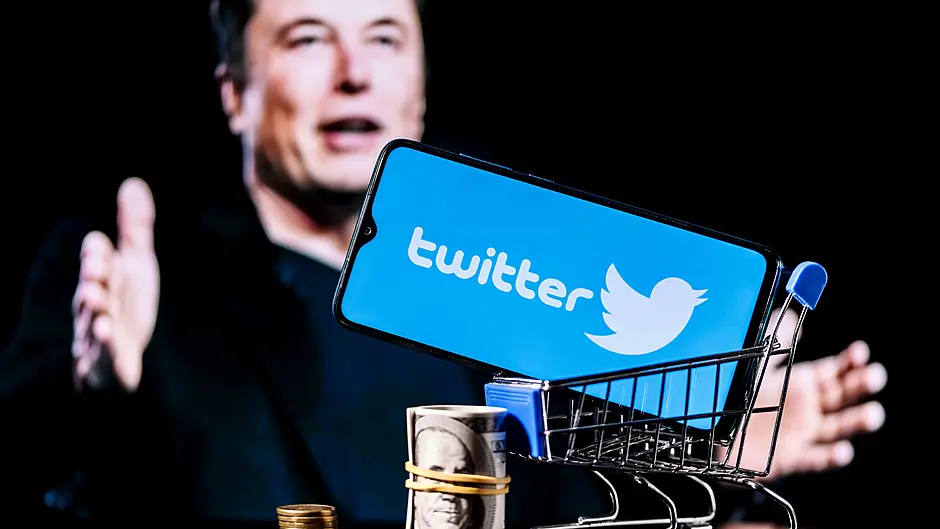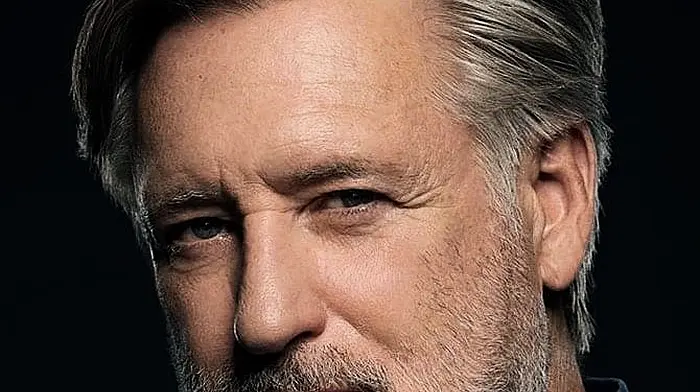The takeover of Twitter by billionaire Elon Musk has seen a lot of disgruntled users threatening to flee the platform. But what are the options, and will they last, asks Southern Star digital manager Jack McCarron
‘I’m leaving Twitter and heading to Mastodon.’
That’s been the Tweet of choice for Twitter users on ‘Twitter dot com’ over the past fortnight.
Proudly announcing that they’re divorcing a social media platform that has had them in the throes of tech addiction for four to six hours a day since the turn of the 2010s.
It remains to be seen whether the mass exodus from a carefully-curated and sleekly-designed tech giant to an open sourced, barely known entity can sustain.
Alcoholics announcing that they’re heading for a stint in rehab doesn’t always mean they won’t find their way back to the demon drink.
The reasons for the apparent desertion of the social media behemoth founded by Jack Dorsey in 2006 are plentiful.
For many it was the company’s acquisition by the world’s richest man, Elon Musk.
The billionaire’s mission statement for his purchase set himself up as a global defender of free speech.
In a recent communication with advertisers, Musk said that he added Twitter to his business portfolio because he believes it’s important for the ‘future of civilisation to have a common digital town square, where a wide range of beliefs can be debated in a healthy manner.’
This may sound like a virtuous reason but it has been interpreted by many as his route to eventually reinstating previously-banned accounts – such as Donald Trump’s.
The fear seems to be that the relaxing of censorship on the platform will lead to Twitter becoming an even more toxic place than it already is and where misinformation will be allowed to thrive.
And so users are trying to get ahead of this future hellscape by jumping ship to Mastodon.
Criticism has also been levelled at Musk for using his platform to try and influence voters in the US midterm elections.
‘I recommend voting for a Republican Congress,’ he tweeted to his 110m followers. That was hardly surprising, though, given how much more favourably billionaires are treated by Republican governments.
Another reason is Musk’s apparent mis-treatment of staff. Just last week Twitter reportedly relieved up to 50% of its Irish workforce.
‘That’s the final straw,’ one Twitter user wrote. ‘He doesn’t deserve any more of my time if that’s how he treats his workers.’
The same users citing the staffing cull as the reason for their Twitter exile are likely to have made an online purchase via a Stripe payment, ‘liked’ a photo on Instagram or sent a message on WhatsApp in the same thumb-stroke.
Stripe, the Irish-owned online payments provider, cut their workforce by 14% recently.
Meta, the parent company of Facebook, Instagram and WhatsApp, has announced similar cuts recent weeks.
Big tech is suffering across the board and that’s something we can’t blame Musk for.
What we can do is laugh at the fact that he likely paid way over the odds, at $44bn dollars, for a social media firm that is potentially facing a few lean years.
So what of the future for the newly-arrived Mastodon converts?
Launched in 2016, Mastodon describes itself as a ‘free, open-source decentralised social media platform’, that pitches itself as ‘a viable alternative to Twitter.’
Open source software is software in which the source code used to create the program is freely available for the public to view, edit, and redistribute.
In plain English – it’s not owned by anyone and if you have the skills or time on your hands you can influence how it looks, feels and operates.
Open source is a utopian vision of what the internet could look like, but what has prevented it from becoming ubiquitous is it’s not always user-friendly.
For non-tech types, it can feel outdated, chaotic and archaic.
The reason the likes of Twitter have been so successful is because they’re designed by highly skilled and highly paid engineers whose sole purpose is to keep you on the platform for as long as humanly possible.
Their job is to ‘colonise your attention’, as comedian Bo Burnham puts it.
So don’t be surprised if you see a slew of announcements in the coming weeks and months of people making their grand return to Elon’s despotic fun factory.
Addiction is a tricky thing to kick.








